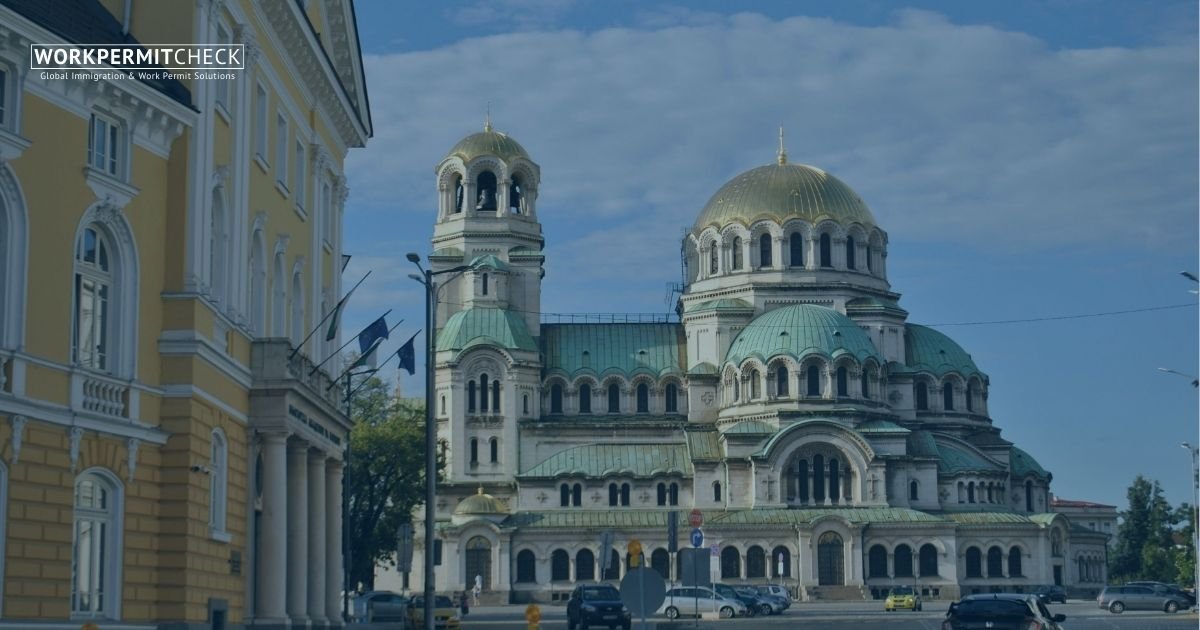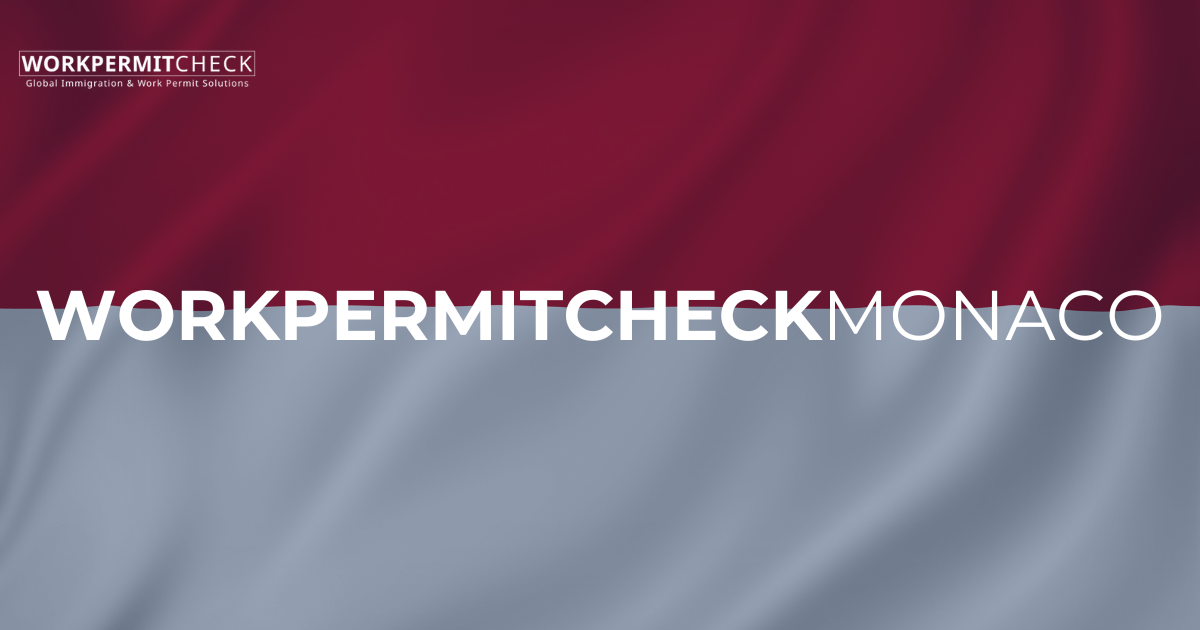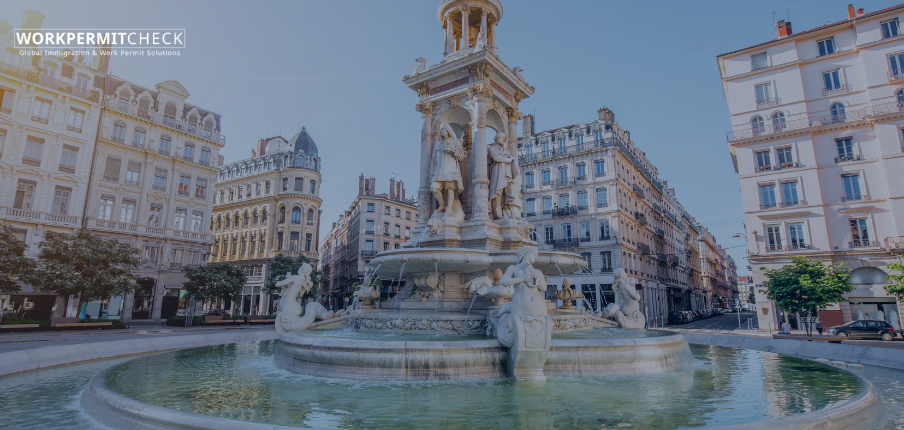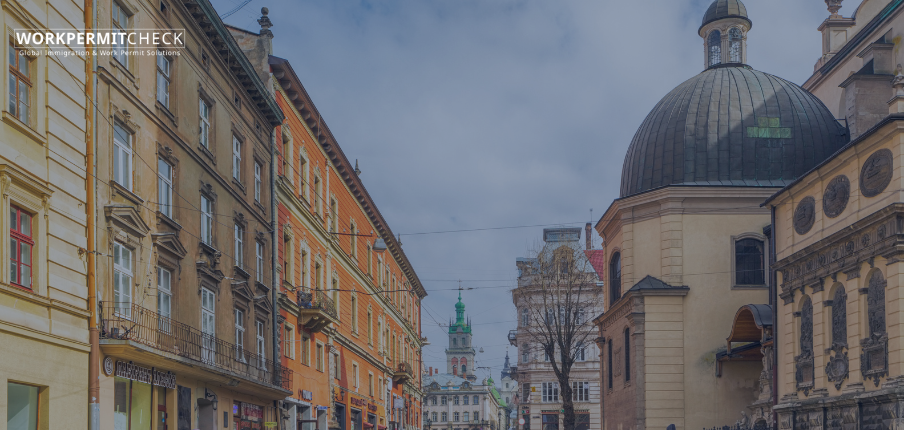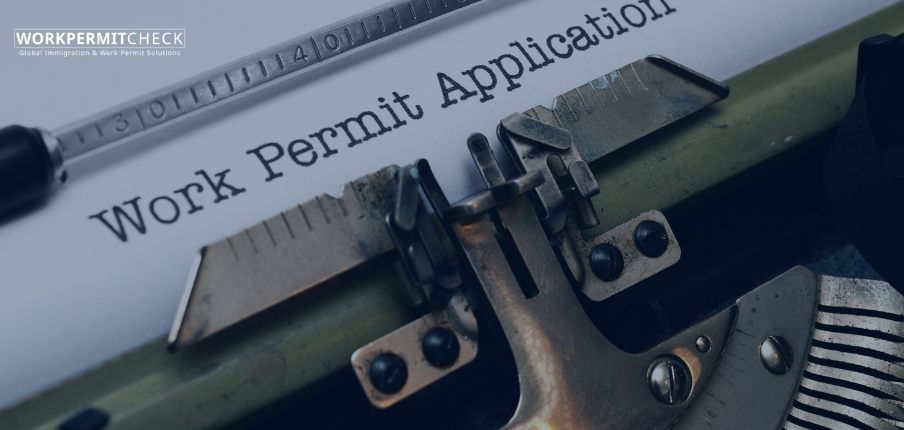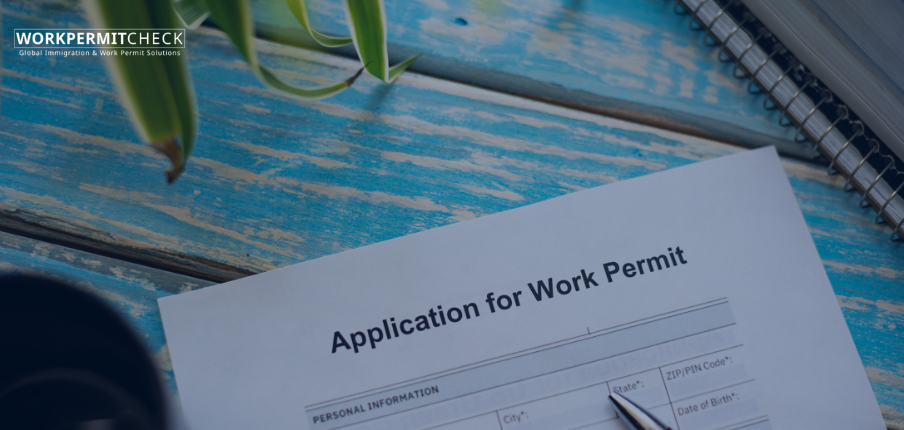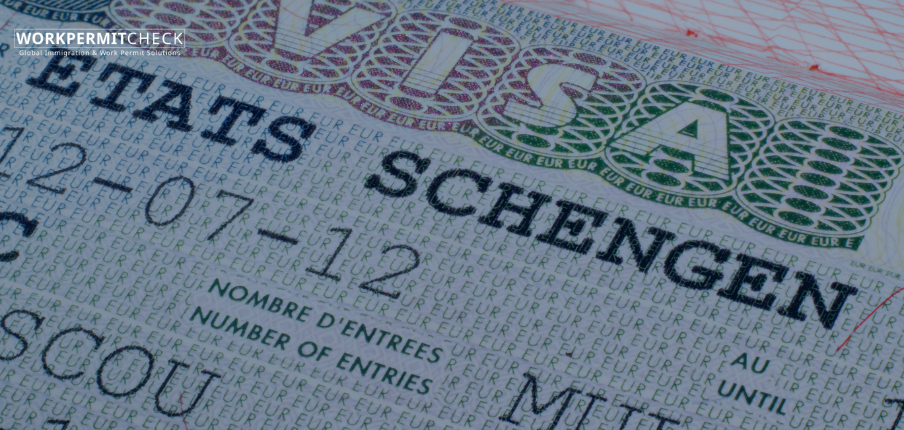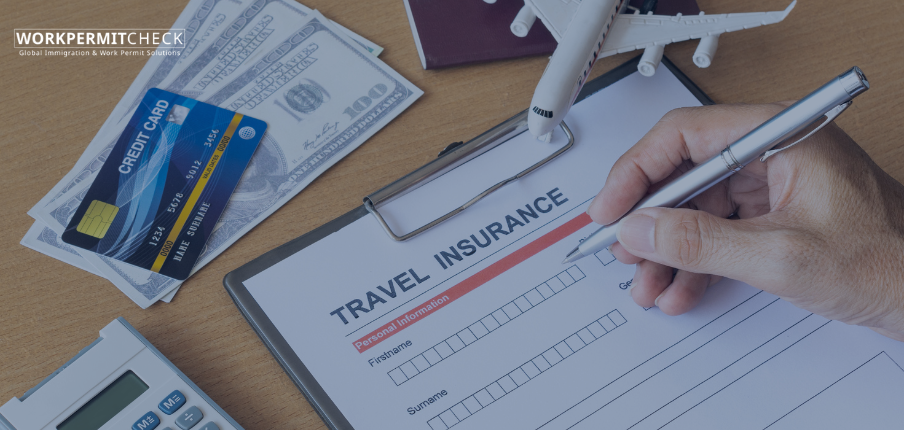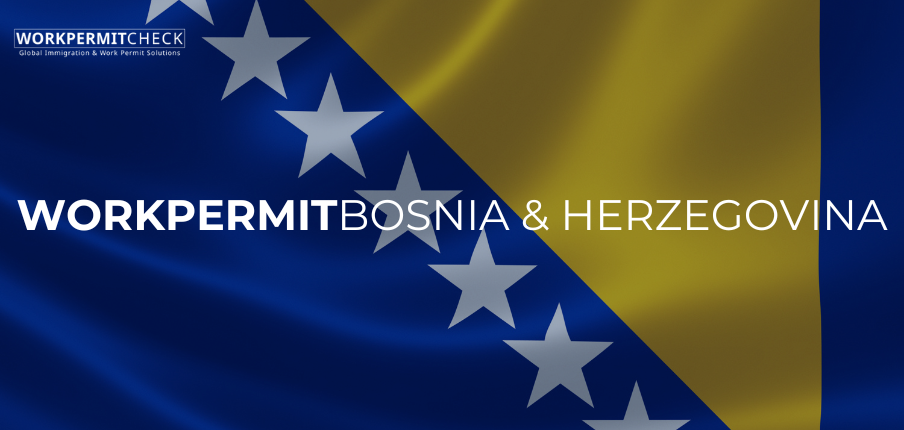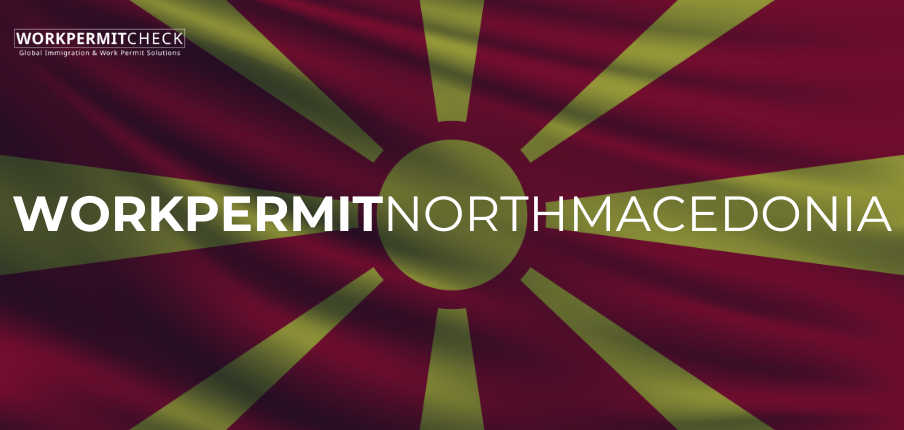Sponsoring a foreign worker in Russia is a regulated process managed under the Federal Law on the Legal Status of Foreign Citizens (No. 115-FZ). Only specific entities and employers authorized by the Russian government can legally hire and sponsor foreign nationals for employment.
Understanding who qualifies as a sponsor — and the responsibilities that come with sponsorship — is essential for ensuring compliance and avoiding penalties for both the employer and employee.
Eligible Sponsors for Russian Work Permits
In Russia, the sponsoring entity is usually the employer that invites and employs a foreign national. To act as a sponsor, the company must meet certain legal and administrative requirements, including official registration and approval from migration authorities.
The following types of organizations can typically sponsor foreign workers:
• Russian-registered companies (LLCs, JSCs, or state enterprises) holding the necessary license to hire foreign labor.
• Accredited foreign company branches or representative offices legally operating in Russia.
• Scientific, educational, or research institutions recruiting international specialists under official programs.
• Employers hiring Highly Qualified Specialists (HQS) under simplified procedures with higher salary thresholds.
Private individuals, unless registered as individual entrepreneurs (IEs) with authorization to hire foreigners, cannot sponsor foreign workers.
Sponsorship Duties and Responsibilities
Once an organization is approved to hire a foreign national, it assumes full legal and administrative responsibility for that worker’s stay and employment in Russia.
Key obligations of a sponsor include:
• Obtaining work authorization for the foreign employee from the Ministry of Internal Affairs (MVD).
• Providing an official job offer and signing a compliant employment contract.
• Registering the employee’s residence address after arrival.
• Ensuring timely renewal of the work permit and notifying authorities of any changes in employment status.
• Covering repatriation costs, if necessary, in cases of early termination or deportation.
Employers who fail to meet these obligations risk fines, suspension of hiring privileges, or legal penalties.
Special Cases: HQS and Regional Employment Programs
For Highly Qualified Specialists (HQS), sponsorship rules are somewhat simplified. Employers only need to demonstrate compliance with the minimum salary threshold (currently RUB 167,000 per month or higher) and register the employment contract with the MVD.
In addition, some regions in Russia — especially those with labor shortages — may operate regional quota programs allowing local employers to sponsor foreign workers for specific industries or projects.
Importance of Verification
Foreign workers should always verify that their sponsoring company is officially authorized to employ foreigners. Fake job offers or unregistered sponsors are common causes of rejected visa applications or permit cancellations.
At WorkPermitCheck.com, you can easily verify Russian work permits and sponsoring employers to confirm their authenticity and compliance with Russian migration laws.
Disclaimer
This content is provided for informational purposes only and does not constitute legal or immigration advice. Sponsorship requirements in Russia may vary based on job type, employer category, and regional regulations. Always consult the Ministry of Internal Affairs of the Russian Federation (MVD) or a licensed migration expert for the latest official information.
October 7, 2025



























